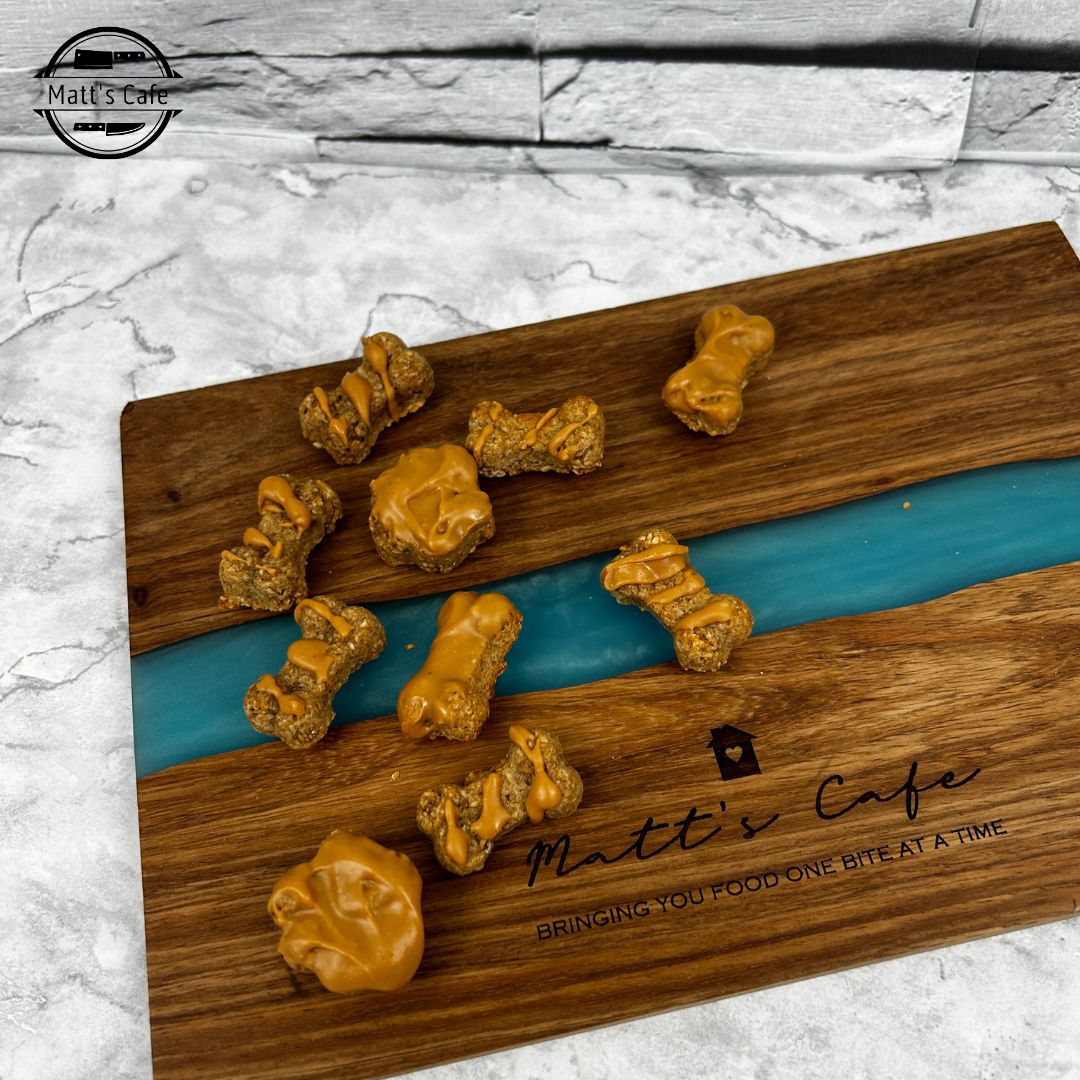The Best Supplements For Crohn’s
If you are suffering with Crohn’s it might be a good idea to look into supplements that can help with your IBD condition. However, it’s important to take the right supplements and know what supplements you need. In order to determine this, you should talk to your GP about starting any particular supplements.
Supplements can be great for people with Crohn’s or IBD conditions however, it’s important to take the right supplements that target what your body needs and could be losing to your IBD condition. Take a look below at some of the supplements for Crohn’s that might be suggested and how they could help you.
I will point out that I am not a medical professional. However, I do have IBD issues and understand the benefits of taking supplements for Crohn’s Disease. Supplements can help with treating various symptoms that come with IBD conditions but ensure you are taking the right supplements before you start anything.
Are Multivitamins Good For Crohn’s?
Multivitamins can be beneficial for individuals with Crohn’s disease, especially for addressing potential nutritional deficiencies due to malabsorption issues. However, their effectiveness and appropriateness depend on individual health needs and should be part of a comprehensive treatment plan. Here are some key points to consider:
Benefits of Multivitamins for Crohn’s Disease
- Addressing Nutritional Deficiencies:
- Crohn’s disease can impair the absorption of various nutrients, leading to deficiencies in vitamins and minerals such as vitamin D, vitamin B12, iron, calcium, folate, and others.
- Multivitamins can help ensure that individuals with Crohn’s receive a broad spectrum of essential nutrients, which can be particularly important if their diet is restricted or if they experience chronic inflammation and malabsorption.
- Convenience:
- Taking a multivitamin can be more convenient than managing multiple individual supplements, which can simplify the supplementation regimen for individuals with Crohn’s.
Considerations and Potential Drawbacks
- Individual Needs:
- The specific nutritional needs of individuals with Crohn’s can vary widely. A generic multivitamin may not address all specific deficiencies or may provide nutrients in amounts that are not optimal for every individual.
- Customising supplementation based on blood tests and medical advice may be more effective than relying solely on a standard multivitamin.
- Potential Interactions and Over-Supplementation:
- Some vitamins and minerals can interact with medications used to treat Crohn’s disease. For example, excessive vitamin K can interfere with blood thinners, and high doses of certain minerals can cause gastrointestinal distress.
- Over-supplementation of fat-soluble vitamins (A, D, E, and K) can lead to toxicity, so it is important to avoid taking high doses without medical supervision.
- Quality of Multivitamins:
- The quality of multivitamins can vary significantly between brands. It is important to choose a high-quality product from a reputable manufacturer to ensure the potency and purity of the ingredients.
- Comprehensive Treatment Approach:
- Multivitamins should not replace a balanced diet or other treatments for Crohn’s disease. They should be considered as a supplement to a comprehensive treatment plan that includes medication, dietary management, and lifestyle modifications.
Recommendations
- Consult a Healthcare Provider:
- Always discuss with your healthcare provider before starting a multivitamin to ensure it is appropriate for your specific health needs and will not interact with your medications or exacerbate any conditions.
- Regular Monitoring:
- Regular blood tests can help monitor nutritional status and adjust supplementation as needed. This ensures that you are getting the right nutrients in the right amounts.
- Personalised Supplementation:
- Based on individual needs, a healthcare provider may recommend specific vitamins and minerals in addition to or instead of a multivitamin. This personalised approach can be more effective in addressing specific deficiencies.
Multivitamins can be beneficial for individuals with Crohn’s disease by helping to address potential nutritional deficiencies. However, their use should be guided by a healthcare provider to ensure they are appropriate and beneficial for the individual’s specific health needs. They should be part of a broader treatment strategy that includes proper medication, diet, and lifestyle adjustments.
Are Supplements Good For Crohn’s?
Supplements can be beneficial for individuals with Crohn’s disease, particularly for addressing nutritional deficiencies and supporting overall health. However, their effectiveness and safety depend on individual needs and should be considered as part of a comprehensive treatment plan. If you are looking for the best supplements for Crohn’s make sure you keep everything in mind before taking anything and make sure they’re right for you.
Here are some points to consider:
Benefits of Supplements for Crohn’s Disease
- Addressing Nutritional Deficiencies:
- Vitamin D: Many people with Crohn’s have low vitamin D levels, which are important for bone health and immune function.
- Vitamin B12: Crohn’s can impair absorption of B12, leading to deficiencies that cause fatigue and neurological issues.
- Iron: Chronic intestinal bleeding or malabsorption can lead to iron deficiency Anemia.
- Calcium: Essential for bone health, especially if corticosteroids are used, which can decrease bone density.
- Folate: Medications like methotrexate used to treat Crohn’s can lower folate levels.
- Reducing Inflammation:
- Omega-3 Fatty Acids: These have anti-inflammatory properties that may help reduce intestinal inflammation.
- Curcumin: An active compound in turmeric, known for its anti-inflammatory effects.
- Supporting Gut Health:
- Probiotics: Can help maintain or restore healthy gut flora, potentially alleviating some gastrointestinal symptoms.
- Zinc: Important for immune function and gut health, particularly if diarrhoea has led to zinc depletion.
Considerations and Risks
- Individual Needs:
- Tailored Supplementation: The necessity and type of supplements can vary widely among individuals. Some may benefit from specific supplements while others may not.
- Testing and Monitoring: Regular blood tests and medical evaluations are important to determine deficiencies and appropriate dosages.
- Potential Interactions:
- Medication Interactions: Some supplements can interact with medications commonly prescribed for Crohn’s, such as immunosuppressants or biologics.
- Over-Supplementation: Excessive intake of certain vitamins and minerals can cause adverse effects. For example, too much iron can cause gastrointestinal issues, and high doses of vitamin D can lead to toxicity.
- Quality and Safety:
- Choosing High-Quality Supplements: Not all supplements are created equal. It’s important to choose products from reputable brands to ensure purity and potency.
- Consulting Healthcare Providers: Always discuss with your healthcare provider before starting any new supplement, especially to tailor it to your specific health needs and avoid potential complications.
Supplements can play a supportive role in managing Crohn’s disease by addressing specific nutritional deficiencies and potentially reducing inflammation. However, they should be used as part of a broader treatment strategy that includes medication, diet, and lifestyle changes. Consulting with healthcare providers is essential to ensure safe and effective use of supplements tailored to individual health needs.

The Key Supplements For Crohn’s Disease
When managing Crohn’s disease, dietary supplements can play a role in addressing nutritional deficiencies and supporting overall health. However, it’s important to consult with a healthcare professional before starting any new supplement regimen. Here are some supplements that are often recommended for individuals with Crohn’s disease:
1. Vitamin D
- Why It’s Important: People with Crohn’s often have low levels of vitamin D, which is crucial for bone health and immune function.
- Supplementation: Vitamin D3 is usually recommended. Dosage should be based on blood test results and under medical supervision.
2. Vitamin B12
- Why It’s Important: Crohn’s can affect the ileum, where vitamin B12 is absorbed, leading to deficiencies.
- Supplementation: B12 can be taken orally, but injections or sublingual forms may be more effective for those with significant absorption issues.
3. Iron
- Why It’s Important: Iron deficiency Anemia is common due to intestinal bleeding or poor absorption.
- Supplementation: Iron supplements should be taken under medical guidance, as they can cause gastrointestinal discomfort and interact with other medications.
4. Folate (Folic Acid)
- Why It’s Important: Medications like methotrexate, used in Crohn’s treatment, can reduce folate levels.
- Supplementation: Folic acid supplements can help counteract this effect.
5. Calcium
- Why It’s Important: Crohn’s patients are at risk for osteoporosis, partly due to corticosteroid use and poor calcium absorption.
- Supplementation: Calcium citrate is often recommended as it is better absorbed, especially if stomach acid levels are low.
6. Omega-3 Fatty Acids
- Why It’s Important: Omega-3s have anti-inflammatory properties that may help reduce intestinal inflammation.
- Supplementation: Fish oil supplements are a common source of omega-3 fatty acids.
7. Probiotics
- Why It’s Important: Probiotics can help maintain a healthy gut flora, which is often disrupted in Crohn’s disease.
- Supplementation: Specific strains like Lactobacillus and Bifidobacterium may be beneficial. It’s best to choose a high-quality product and consult with a healthcare provider.
8. Zinc
- Why It’s Important: Zinc deficiency is common due to poor absorption and can affect immune function and wound healing.
- Supplementation: Zinc supplements should be taken as directed by a healthcare professional to avoid toxicity.
9. Magnesium
- Why It’s Important: Diarrhoea, common in Crohn’s, can lead to magnesium deficiency, which affects muscle and nerve function.
- Supplementation: Magnesium citrate or glycinate are more easily absorbed forms.
10. Curcumin (Turmeric)
- Why It’s Important: Curcumin has anti-inflammatory properties that may benefit inflammatory bowel diseases.
- Supplementation: Curcumin supplements should be taken with black pepper extract (piperine) to enhance absorption.
Key Considerations:
- Consult a Healthcare Provider: Always discuss with a doctor before starting any supplements to ensure they are appropriate for your condition and won’t interact with your medications.
- Monitor Levels: Regular blood tests may be necessary to monitor nutrient levels and adjust dosages.
- Diet and Lifestyle: Supplements should complement a balanced diet and healthy lifestyle tailored to managing Crohn’s disease.
While supplements can help manage some symptoms and nutritional deficiencies associated with Crohn’s disease, they should be used as part of a comprehensive treatment plan under medical supervision.
Each individual’s needs can vary, making personalised medical advice crucial. It’s also important that you don’t take the wrong supplements that could make you feel worse and you don’t want to take supplements that could react with any medication you are taking.








